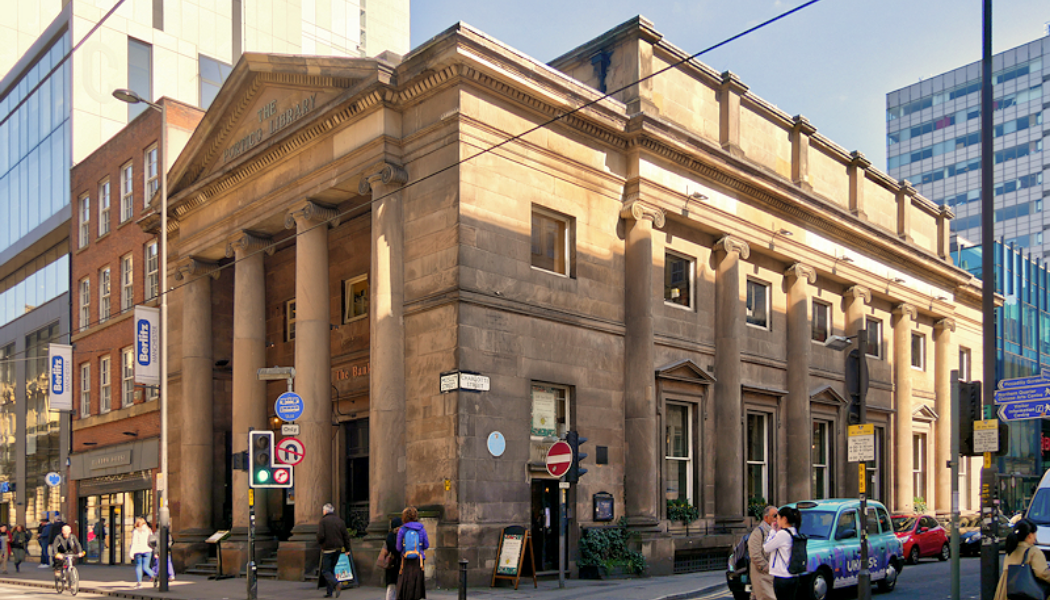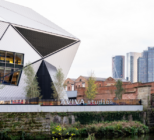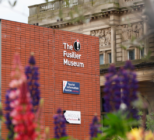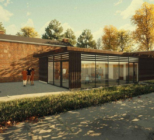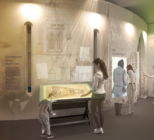The Portico Library in Manchester has secured a development grant of £453,964 from The National Lottery Heritage Fund to initiate their project, ‘Reuniting the Portico Library, Uniting People’.
The project aims to transform the historic library into an accessible and sustainable space for arts, books, learning, and history.
The £7 million capital development project will involve collaborating with experts and community stakeholders to trial plans that preserve the historic book collection and transform the Grade II* Listed building.
The ground floor and basement will be converted into an open a space with dining and exhibition areas, a ‘Northern Bookshop,’ educational activities, a collections-care lab, and flexible event and meeting spaces. The upper floors will conserve and enhance the existing heritage, showcasing its book collection, manuscript archive, and architecture.
During the development phase, the library said it will engage local communities to test and refine the transformation plans.
The project will also delve into The Portico’s roots and complex legacies, collaborating with partners and a Critical Friends group. The library said that its founding aim, to provide resources to make books, periodicals and newspapers available to more people Manchester, initially came from founding Portico Members of the professional classes, some of whom profited from the cotton trade and expanding industrial city.
The Portico aims to revitalize itself as a creative space, exploring its complex history and embracing shared knowledge. Led by a skilled Board of Trustees, the project seeks to preserve historic books while amplifying voices that have not been collected.
John Carpenter, the Portico Library’s Chair, said “This visionary project, years in the making, fulfils our mission of working with the many people in Manchester to explore, share, and celebrate their diverse stories and the city’s literary and global heritage. Embracing creativity, collaboration and inclusivity, the project will unlock the Library’s past to plan for the future. “

